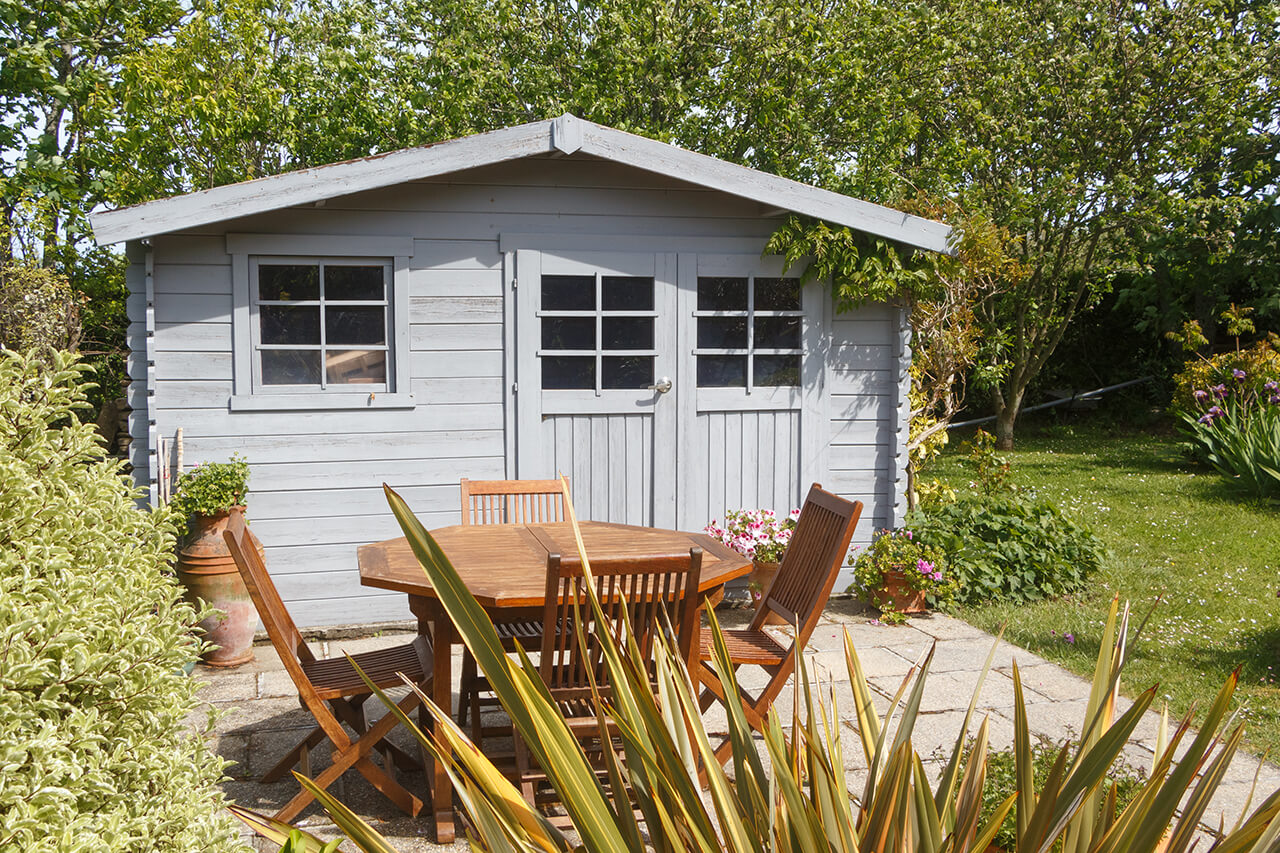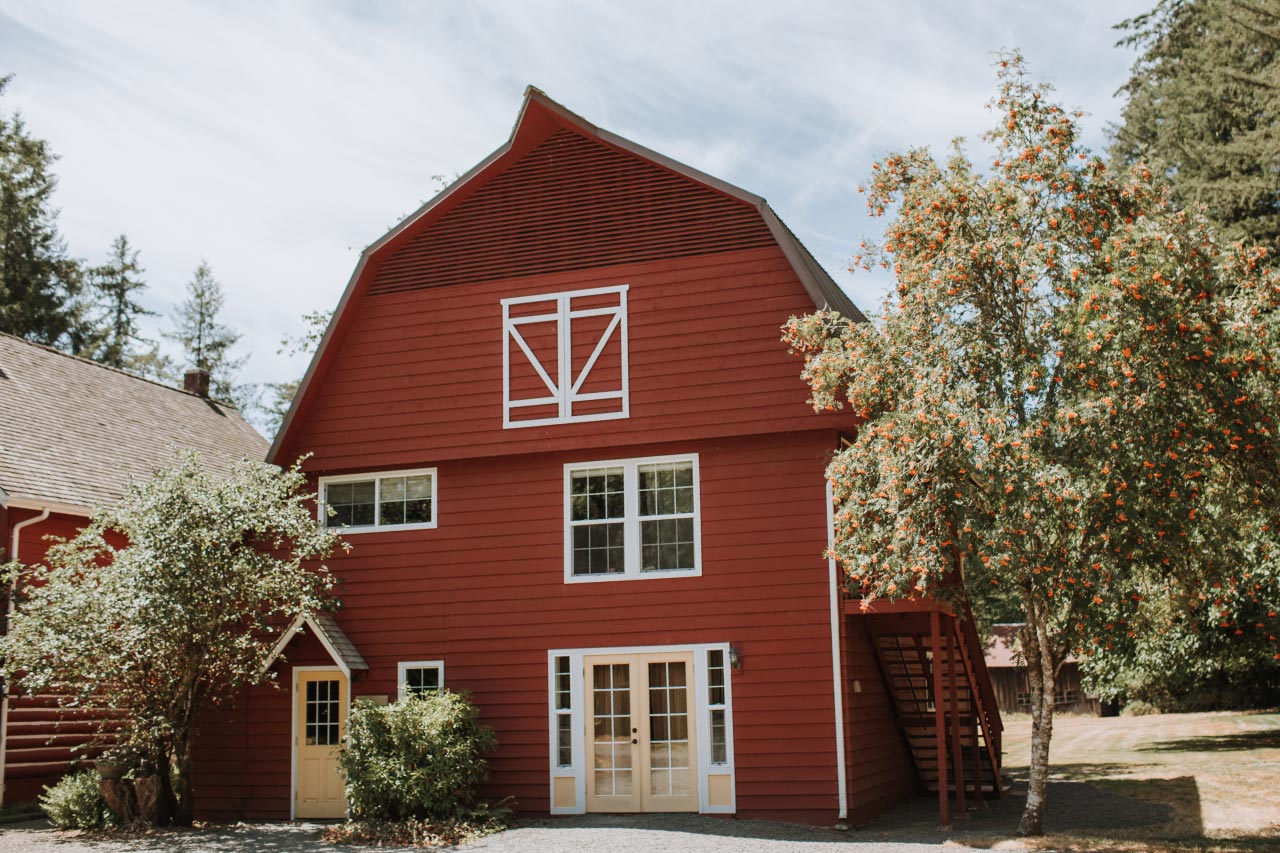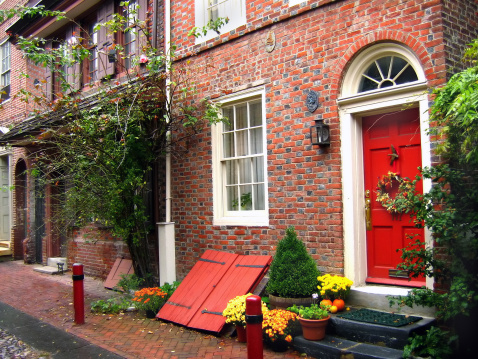How Much Does It Cost to Build a Shed in 2024?


Highlights
A typical shed costs an average of $3,500 to $4,000 to build.
The cheapest sheds cost around $300, while high-end sheds can exceed $30,000.
Costs depend on size, materials, and the purpose of the shed.
Prefabricated shed kits are less expensive than custom builds.
Shed prices range between $15 and $150 per square foot.
Standard, prefabricated sheds may offer 100 to 150 square feet of storage space.
The primary benefit of a shed is to offer secure storage space for lawn or recreation equipment.
Many sheds require a foundation for stability and to reduce moisture damage.
The cost to build a shed depends on several factors, such as the style, size, and materials used. The average cost to build a shed is between $3,500 and $4,000. A small, prefabricated storage shed may cost as little as $300, while a custom-built home office shed with high-end finishes can cost as much as $33,000 or more. On average, shed prices range from $15 to $150 per square foot in materials and labor.
Average Cost to Build a Shed
| Average Cost | High Cost | Low Cost |
|---|---|---|
| $3,500–$4,000 | $10,000–$33,000+ | $300–$1,500 |
Shed Building Cost Factors
How much you’ll pay for your shed depends on many factors, including size, purpose, and building materials.
Size
Among the biggest factors affecting the cost of storage sheds is the size. A larger shed costs more to build than a smaller one. Square footage often determines your shed’s cost, ranging from $15 to $150 per square foot.
A small, 4-by-7-foot garden shed might only cost $500, whereas a larger, 12-by-16-foot storage shed costs at least $3,000 and as much as $15,000. You should also account for the shed’s height along with floor space—a taller shed with a higher roof costs more to build.
Prefab vs. Customization
Buying a prefabricated shed kit from a local home improvement center is generally cheaper than building a shed with a customized design. A 10-by-12-foot prefab shed may cost $2,500, while a similarly sized custom shed can cost $7,500.
Depending on the complexity, it may be advisable to hire a pro to assemble your prefab kit. Assembly can cost $10 to $20 per square foot, compared to $40 to $75 per square foot for custom work, which can involve the added cost of blueprints.
Whether you choose a prefab or custom construction, be sure to consider water runoff. “When planning your shed location, don't forget to evaluate water drainage,” says Andy Kilborn, owner of Andy's Handyman Service in Des Moines, IA. “Ensure your shed roof won't be creating a water issue near your home.”
Purpose
The purpose of your shed often influences the cost. A home office shed or playhouse costs more than a barebones garden shed. For instance, a workspace may need shelving and insulation, while a playhouse shed may call for windows and other additional structures. The cost to build a greenhouse may involve plumbing and glass panels.
Materials
Next to its size, the material you use to build your shed is one of the most significant cost factors to consider.
| Shed Material | Average Cost Range |
|---|---|
| Plastic | $300–$1,500 |
| Vinyl | $1,500–$3,000 |
| Metal | $500–$7,000 |
| Wood | $3,000–$15,000 |
| Brick | Up to $30,000 |
Plastic sheds, which cost $300 to $1,500, may be the least rigid and have the shortest lifespans.
Vinyl sheds are a cost-effective option, ranging from $1,500 to $3,000 on average. They’re low maintenance and reduce the risk of moisture damage and insect infestation.
Metal sheds cost between $500 and $7,000 and last many years with minimal maintenance. However, they may be less stable in areas with heavy winds.
Wooden sheds usually cost $3,000 to $15,000. The natural look comes with many customization options, but wood requires more maintenance to avoid future shed repair costs.
Brick sheds are among the most expensive options, sometimes costing up to $30,000 or more. These fire-resistant sheds last decades but are more labor-intensive to assemble.
Features
Basic sheds consisting mainly of four walls and a roof are the most affordable. Any additional features increase the costs of building a shed to meet your needs.
| Additional Feature | Average Cost Range |
|---|---|
| Foundation | $4,000–$14,000 |
| Insulation | $0.30–$2 per board foot |
| Deck or Patio | $30–$60 per sq. ft. |
| Landscaping | $50–$100 per hour |
| Electrical | $40–$100 per hour |
| Plumbing | $45–$150 per hour |
A foundation costs $4,000 to $14,000 if you need a concrete slab for a large shed. Timber skids or stone and gravel foundations are less expensive.
Insulation costs $0.30 to $2 per board foot, which is one square foot by one inch of thickness. Common insulation types include spray foam, rigid, and batting.
The cost to build a deck or patio ranges from $30 to $60 per square foot, including labor and materials.
Professional landscaping costs $50 to $100 per hour for a crew of two people if you want to add flower beds and other decorative features.
The cost to install electrical wiring is usually $40 to $100 per hour. You may need electrical work to add interior or exterior lighting to your shed.
Local plumbers typically charge $45 to $150 per hour to add plumbing to your shed, such as a sink for hand-washing.
Additional Shed Cost Factors
As you budget for building a shed on your property, consider these additional cost factors.
Labor
You can expect to pay local shed builders $50 to $100 per hour in labor costs to design, build, or assemble your shed. It may only take a few hours to assemble a simple prefabricated shed. By contrast, custom construction can take several days, including drawing up plans and building the shed.
Assembling a prefab shed usually costs $10 to $20 per square foot. By comparison, hiring a pro for custom work can cost $40 to $75 per square foot.
Permits
State and local laws dictate whether you need to apply for a permit before building a shed on your property. A permit may not be required for sheds under a certain size or used for a specific purpose. Always check with local authorities about requirements. On average, a building permit costs $40 to $100, but it can take several weeks to get approval.
Prep Work
Getting the location ready for your shed may involve some prep work. For example, land that isn’t completely flat may need to be graded. Resloping a lawn costs $1 to $10 per square foot in most cases. Clearing land costs $1.30 to $2 per square foot more to remove trees and other vegetation.
Does Building a Shed Increase Home Value?
Most basic garden sheds and storage sheds add minimal value to a home. They’re functional and can be a welcome bonus to prospective buyers, but they likely won’t substantially increase the final sale price. High-end, fully-furnished sheds may be a notable exception. A fully insulated shed with plumbing and electrical provides more living space, which can increase a home’s value. It may be attractive as a she-shed, man cave, or home office space.
Budgeting for Building a Shed
The cost of building a shed can range dramatically, but it’s possible to reduce how much you pay by following some key budgeting tips:
Choose less expensive materials: Wood and brick may be the most aesthetically pleasing but also the most expensive. If you only need a basic garden shed, vinyl or metal may be suitable.
Opt for a prefab kit: Custom sheds cost much more to design and build than a prefabricated kit.
Purchase a shed near you: Choose a supplier as close to home as possible to minimize delivery fees and fuel surcharges.
Select a less expensive foundation: Placing your shed on timber support skids or a stone and gravel foundation is much less costly than a poured concrete foundation.
DIY some prep work: Clear some of the land where you plan to put your shed. Remove weeds and vegetation from the surrounding area.
How HomeAdvisor Gets Its Cost Data
No place is more important than your home, which is why HomeAdvisor connects homeowners with local pros to transform their houses into homes they love. To help homeowners prepare for their next project, HomeAdvisor provides readers with accurate cost data and follows strict editorial guidelines. After a project is complete, we survey real customers about the costs to develop the pricing data you see, so you can make the best decisions for you and your home. We pair this data with research from reputable sources, including the U.S. Bureau of Labor Statistics, academic journals, market studies, and interviews with industry experts—all to ensure our prices reflect real-world projects.
Frequently Asked Questions
Most sheds need a foundation for stability. Otherwise, their frames may not be structurally sound, with soft or uneven ground shifting beneath them. While some small sheds can make do without a foundation, any shed larger than 6-by-8 feet usually requires a foundation. This can be a stone and gravel bed at least four inches thick and extending two feet beyond the shed's footprint. A stone and gravel bed gives more life to your skid wood. Poured cement foundations offer the greatest stability, but they cost the most.
There’s no single size of shed that is the best. The best shed size depends on how you plan to use it. Standard, prefabricated shed kits often come in sizes of 10-by-12 feet, offering 120 square feet of storage space. Smaller garden sheds may only measure 4-by-7 feet, whereas large house sheds can exceed 12-by-16 feet.
In general, the floor of your shed should be at least four to six inches off the ground. This added elevation primarily prevents moisture from accumulating around the structure of your shed, which is especially important for wood sheds or wooden skids. Moisture accumulation can lead to wood rot, mold growth, and other damage to your shed.








